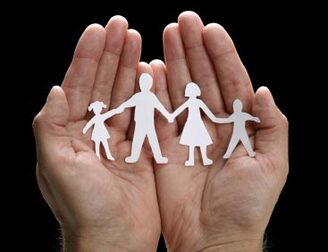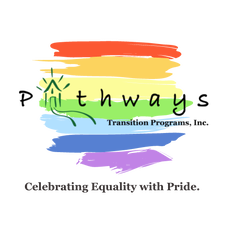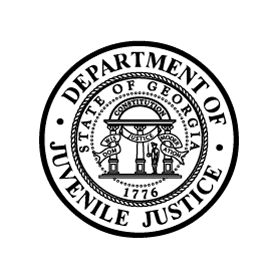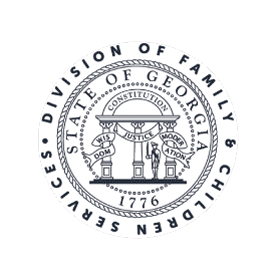The objective of all interventions is to leave caregivers with a broader, more empathic understanding of the child’s emotional needs, tools for meeting these needs, and managing problematic behaviors in a way that enhances self-control and self-regulation. The helping professional also leaves the child with the awareness, tools, and skills that promote self-regulation, self-worth, and interpersonal connectedness with family, peers, and community.
Our Mission
|
Core Values
Our model for understanding our clients is the same as the model for understanding ourselves — we are all governed by the same principles of psychological, physical and spiritual functioning.
- Every person makes the best adjustment to life circumstances available to them within the range of options that are accessible. Problems occur when a person or system can no longer stretch enough to adapt.
- We uphold every person's inherent worth and dignity. This means treating them like whole beings, with needs, dreams, fears and a longing to be fulfilled.
- We make every effort to understand and address the context within which each client lives and operates.
- We are dedicated to improving the quality of life for children by honoring their needs and advocating for them.
- We empower parents to take charge of their family's future by giving them skills and tools to advocate for themselves, become proactive in solving problems and put the well being of children at the heart of family life.
- We make every effort to see the world through our clients' eyes to best understand them and their lives.
- Change is difficult, especially when life experiences have narrowed the range of options one may believe they have.
- Therapy, counseling and psycho-education are processes that broaden a person's worldview and open up more options for coping with life's challenges.
Beliefs
The beliefs that guide our work and reflect our underlying assumptions about people, the experience of psychological distress, and the role of helping professionals in alleviating this distress and preventing future recurrence are:
|
- The psychological distress of being in prolonged states of disequilibrium results in internalized (eating disorders, depression, suicidal ideation, addiction, disassociation, etc.) or externalized (conduct disorders, aggressiveness, oppositionality, violence, etc.) attempts to restore equilibrium. These efforts are "maladaptive" because they prevent a person from successfully participating in home, school and community and/or disrupt the lives of others.
- In children who experience psychological distress, excessive focus on producing "good behavior" and de-emphasizing their internal experience, results in feelings of alienation from others and disconnect from one’s own emotions. Given the fundamental need to belong, these children are likely to seek attachments through involvement with antisocial peers, early pregnancy and other unhealthy means.
- The helping professional’s role in helping families and community agencies (schools, courts, DFCS, etc.) manage children exhibiting psychological distress involves finding a balance between the child’s emotional needs and the community’s demand for compliance with its rules and expectations.
- The helping professional’s first responsibility is to develop a thorough understanding of each child and his/her world.











